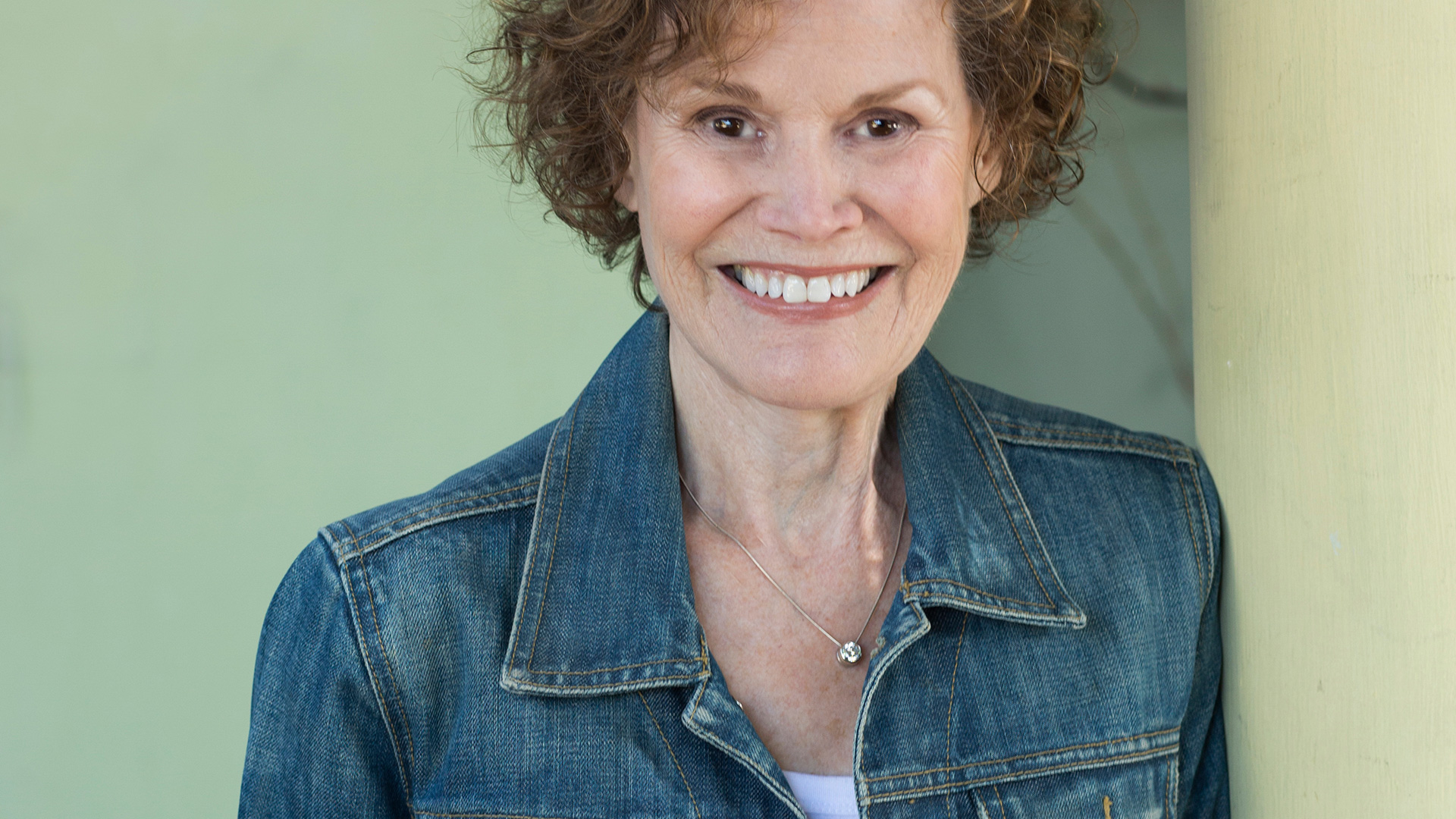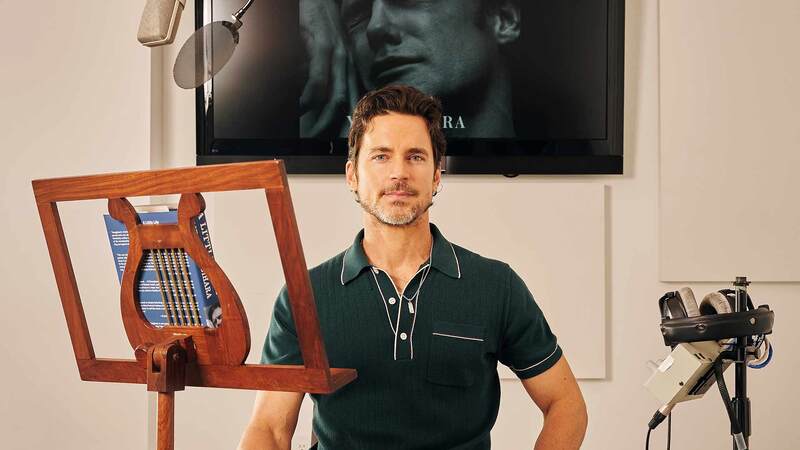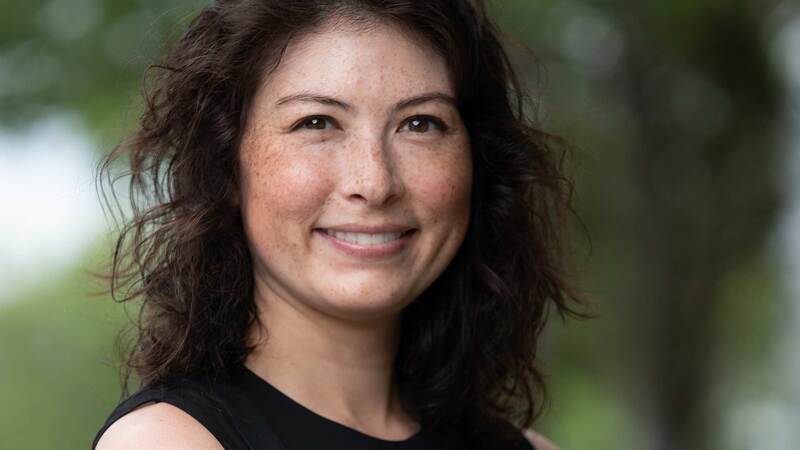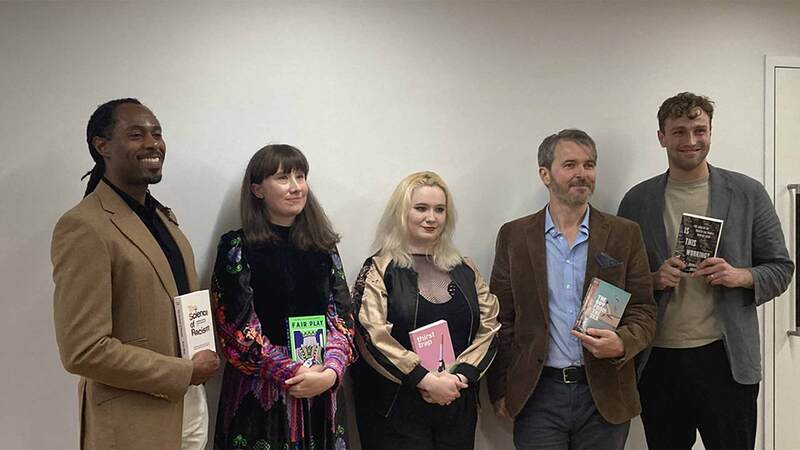You are viewing your 1 free article this month. Login to read more articles.
Judy Blume in conversation about her latest, if unexpected, novel
Almost two decades after her last adult novel, the New Jerseyan author returns with a story inspired by a trio of tragic events from the 1950s
In the Unlikely Event (June, Picador), Judy Blume’s new novel, was never supposed to be written. It has been 17 years since her last adult novel and at 76 years old, with 28 books to her name, there were no plans for another.
Blume says: “After Summer Sisters I said, ‘I’m never, ever doing this again’, because that was three years of torture! I wrote a series of books for little kids and I fooled around with some screenplays, had a little breast cancer in there, there was a lot going on.”
What changed that plan was a 2009 event by then d ébut author Rachel Kushner. She was speaking at the Key West Literary Seminar, an annual event for readers and writers that Blume sits on the board for. Kushner spoke about how her mother’s experiences in Cuba in the 1950s had inspired her d ébut novel, Telex from Cuba, and the seed was sown in Blume’s mind. “It had never happened to me before but suddenly it was like in a cartoon when the lightbulb comes on over your head,” she says. “I was like: ‘Oh my God, the 1950s, I have a story to tell.’”
It was not exactly smooth sailing once the realisation dawned, however: Blume took two years off from writing In the Unlikely Event to work on the screenplay for the film adaptation of her book Tiger Eyes, which she did before she had finished a first draft: “You should always go through the first draft of a book all at once, I think, to get the best results. You can take time off after the first draft and come back to it fresh. I am such a rewriter, I have so many notebooks filled with drafts you wouldn’t believe.”
That fifties feeling
The story that came to Blume was about her childhood. She grew up in Elizabeth, New Jersey, and graduated from high school in 1956. When she was 14, there were three plane crashes within three months of each other, which collectively killed more than 100 people.
Blume says: “I don’t know why it had never occurred to me to tell this story—whether I just buried it or it wasn’t the kind of thing I wrote or I just wasn’t ready—but in that 45-minute seminar the book came to me with all the characters and what was going to happen to them.”
Blume’s heroine is 15-year-old Miri—“I am in all the characters because you always are, but none of them are me this time, I would tell you if they were”—who lives with her single mother Rusty and her uncle Henry, a crusading reporter. The plane crashes are key to the book, but they are used as much to provide a context and a setting for Blume’s large cast of beautifully drawn characters as to investigate them as disasters in themselves. In fact, the resolution as to why the planes crashed is tied to the inevitable messy reality of a combination of human error, technical faults and unknown circumstances.
A new perspective
The book is written in the third person but told from the perspective of several different characters, with some sections comprising only a few pages—including brief but devastating parts about the people who were onboard the doomed planes. While Miri is at the heart of the book, the other narrative angles are vital to the way that Blume constructs this version of her hometown and the different ways in which the three crashes affected life in Elizabeth.
The novel was always imagined this way for Blume, she says, “although at one point I asked my editor if she thought I should have one of those family trees in the front of the book and she said: ‘This isn’t “Downton Abbey”, Judy.’” The characters all have a lot going on in their lives—there is sex, pregnancy scares, affairs and anorexia, among other things, but Blume is clear: “I never think of issues when I’m writing, I only think of telling stories.”
The nature of the book meant Blume had to undertake more research than she has previously needed to. She spent around four months researching and reading local newspapers of the era, and talking to her old school friends before she started writing. Blume says: “I thought for a long time that I hated growing up in the ‘50s, that it was the most boring decade—nothing happened, we were coming out of the war years, our parents didn’t want us to rock the boat and nobody told us anything, it was a time of secrets. So I had no fondness whatsoever for this decade and then when I started researching—and maybe it’s just because I’m so old now—it all seemed so fascinating to me.”
Blume ended up enlisting her husband George, to whom the book is dedicated, to help wade through all the stories she had collected when her deadline was approaching: “He became my Henry and found the stories I needed and put them together for me, so we became collaborators almost. It was wonderful”.
A challenge that did present itself was the fact that Blume consciously shies away from descriptive writing, she says. “That was hard for me with this book. I like to invent characters and bring them together and I like to write dialogue, but I do not like to write descriptive prose. I avoid it. When I was writing Starring Sally J Friedman as Herself, my editor said, ‘You have to describe the ocean, Judy, she’s standing there at the ocean’s edge, you have to describe it!’ And it was like, ‘Oh don’t make me!’ Because it’s not what I do. We all do different things and I’m character, I’m dialogue, I’m weaving them all together.”
On the horizon
Blume enjoyed the research process so much that once the final edits are done to the book she will create a blog and tweet about what she discovered (Blume’s Twitter bio reads “Are you there Twitter? It’s me, Judy”). She also has a playlist of 1950s music that will be used on her summer tour around the US and the UK. Blume chokes up when speaking about meeting her readers: “It’s very emotional and means everything to me. What does it mean to write books if you don’t have readers? How lucky that I’ve been writing for 40-something years and have met so many readers. But I can’t dwell on it when I’m writing—talk about fear of disappointing! I can’t allow myself to think about it because I would be too scared to ever write anything. So I lock all of that out when I’m writing and I do what I can do.”
What next for Blume? The most pressing concern is the 4,000 tipping sheets to sign—“nothing if you hear what John Green does! I consider him one of my children”—which she does while listening to audiobooks; she recommends Karen Joy Fowler’s We Are All Completely Beside Ourselves and Paula Hawkins’ The Girl on the Train, and has just started Anthony Doerr’s All the Light We Cannot See, which her daughter recommended to her.
But the future is less set in stone. When we spoke she had just finished her second page proofs: “When I look back at the pages I’m so very glad that I did this book, but I can’t imagine doing anything like it ever again. I need a break—I really, really need a break!”
Metadata
Imprint: Picador
Publication: 04.06.15
Formats: HB (£16.99)/ TPB (£13.99)/EB (£10.99)
ISBN: 9781509801657/64/88
Editor: Francesca Main
Agent: Elizabeth Sheinkman, WME








